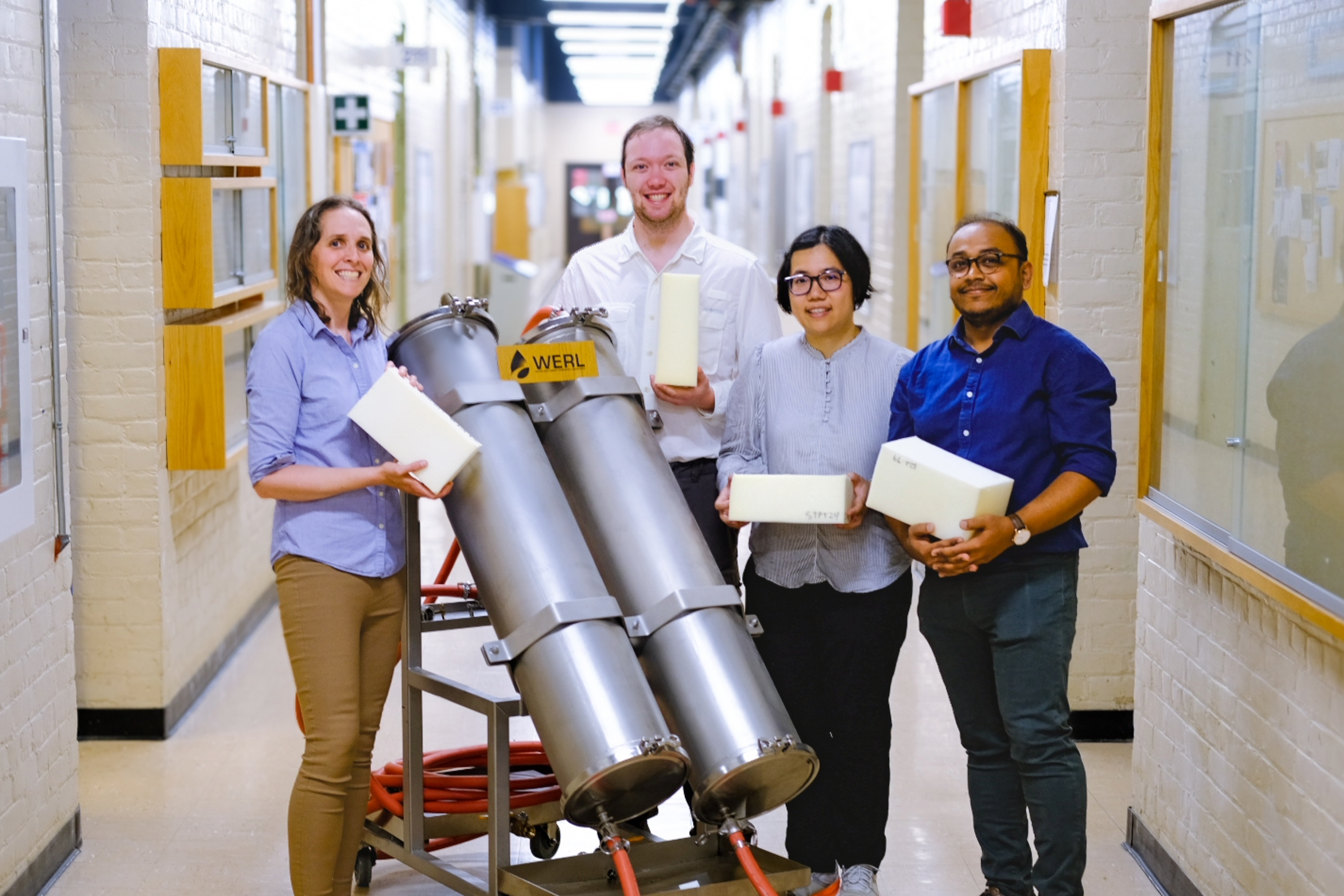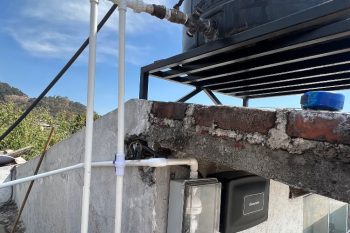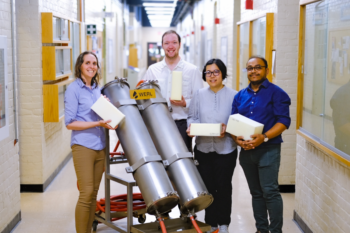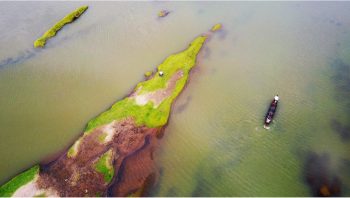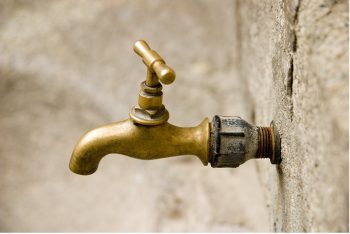Water
U of T Engineering researchers are leading the way in addressing the global water crisis. Our faculty members have deep expertise in established and emerging areas of water research to create robust and resilient solutions.
U of T Engineering team finalists in NRCan's Oil Spill Response Challenge
We work with local municipalities to test new wastewater treatment processes. These analyses enable local governments to make smarter investments and save millions of dollars.

- Bioremediation
- Drinking water
- Commercialization
- Energy-from-waste
- Industrial water
- Municipal wastewater
- Remote development
- Stormwater
- Water accessibility
- Water accountability
Institute for Water Innovation
IWI is an interdisciplinary group of researchers developing innovations in water management, chemistry, treatment, and remediation.
The Pulp & Paper Centre facilitates partnerships between the University and the pulp and paper industry to provide excellence in education, research, and information transfer.
BioZone advances genome science and genome analysis tools, to provide sound bioengineering solutions to pressing health care challenges.
CGEN prepares engineering graduates for a global workplace and generates high-impact research projects which address development challenges around the world.
The Lassonde Institute of Mining is a global leader in innovative mining research including exploration, extraction, processing and metallurgy.
Study Water at U of T Engineering
Our Master of Engineering students can choose from technical specializations in Advanced Water Technologies and Engineering & Globalization, both of which address local and global water challenges through engineering design and research. At the undergraduate level, students can pursue multidisciplinary minors in Environmental Engineering and Sustainable Energy.
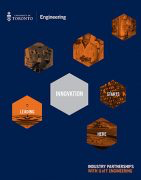 Leading innovation starts here
Leading innovation starts here
Connect with our partnerships team to discuss how a partnership with U of T Engineering can benefit your organization.
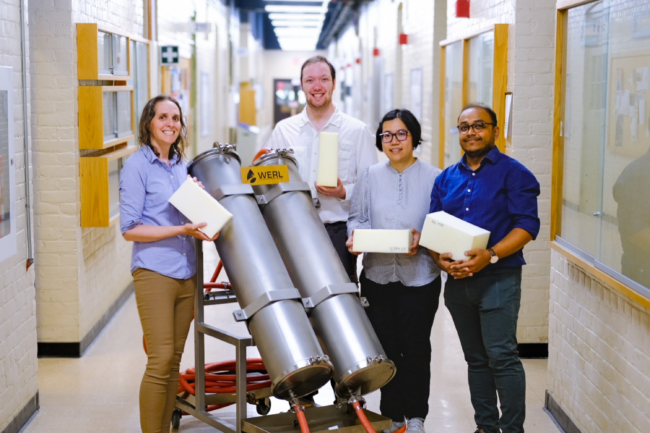
Professor Amy Bilton (MIE) and her research team have advanced to the final stage of Natural Resources Canada's (NRCan) Oil Spill Challenge. The team has been awarded $1.3M from the challenge so far to develop and test their prototype. The research team that wins the final stage will receive an additional $2M in funding to commercialize their technology.
More than 4 million barrels of oil are transported through Canada daily
